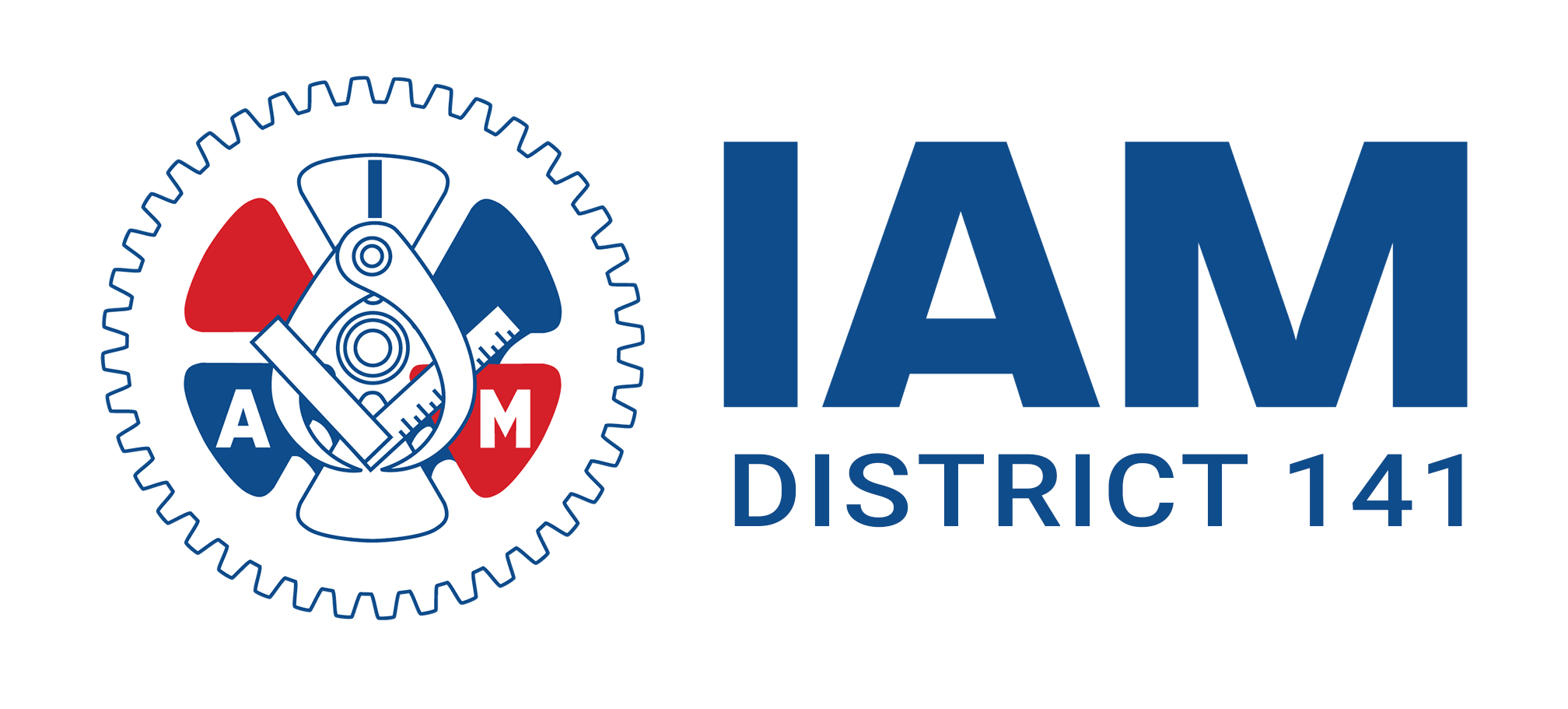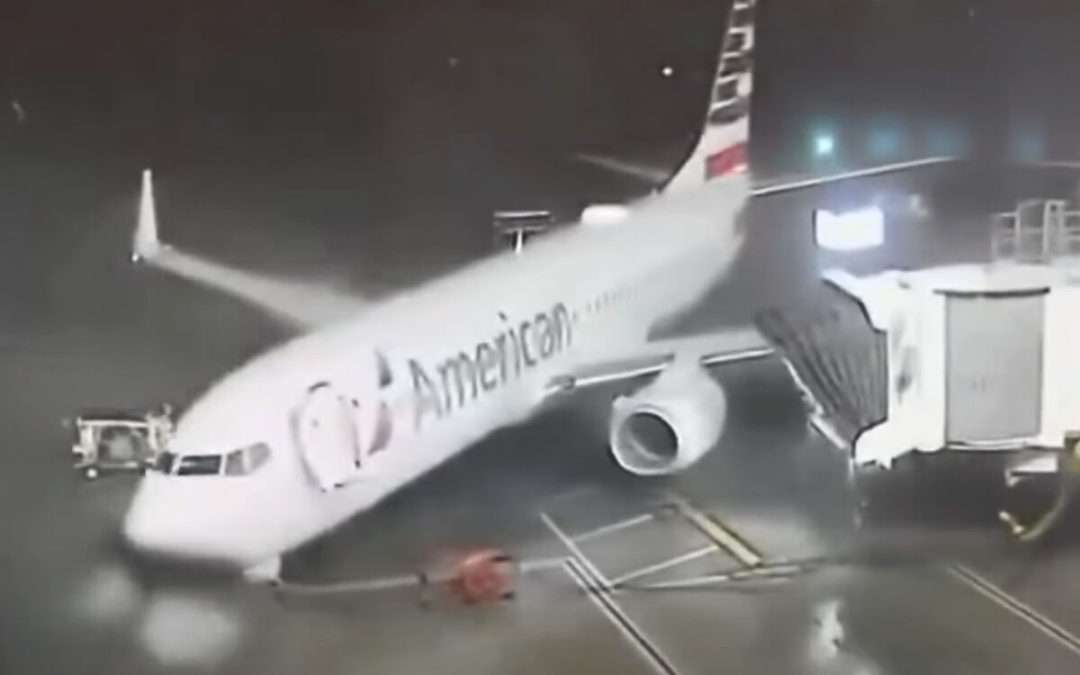
by Eric Price | May 29, 2024 | American, Perusals, Row 2, Safety, Safety
WATCH: Storms Blow American Plane from Jet-bridge WATCH: Storms Blow American Plane from Jet-Bridge IAM141.org 16 May 2024 DFW — A dramatic incident unfolded at Dallas Fort Worth Airport on Tuesday when powerful winds pushed an American Airlines Boeing 737 from its...

by Eric Price | May 3, 2024 | Featured, Featured News, Front Page, GOIAM Stories, MNPL, Perusals, Recent News, Row 2, Safety
Honoring the Fallen, Protecting the Living Honoring the Fallen, Protecting the Living IAM141.org 3 May 2024 On April 28, the Machinists Union gathered to honor workers lost to preventable accidents on Workers Memorial Day, pledging to continue the fight for safer...
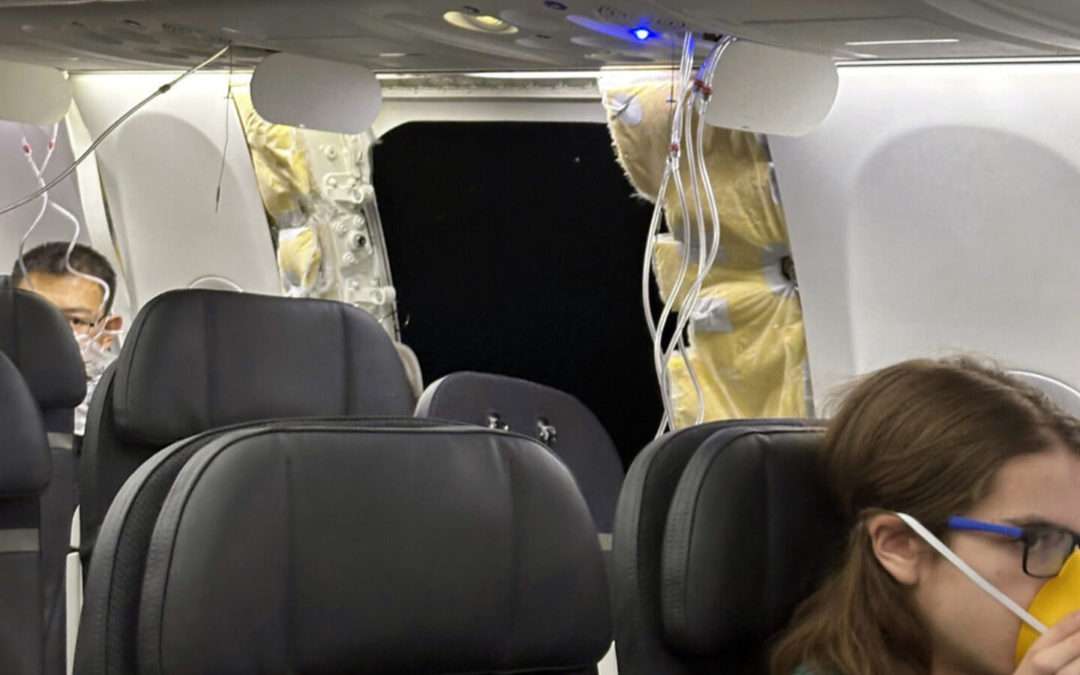
by Eric Price | Jan 9, 2024 | Featured, Featured News, Front Page, Recent News, Row 2, Safety, Uncategorized
Transcript: Alaska Airlines Pilot Calm Under Depressure Transcript: Alaska Airlines Pilot Calm Under Depressure IAM141.org 9 January 2024 The pilot flying the Alaska Airlines flight from Portland to Seattle last Friday is getting noticed for her super-chill handling a...
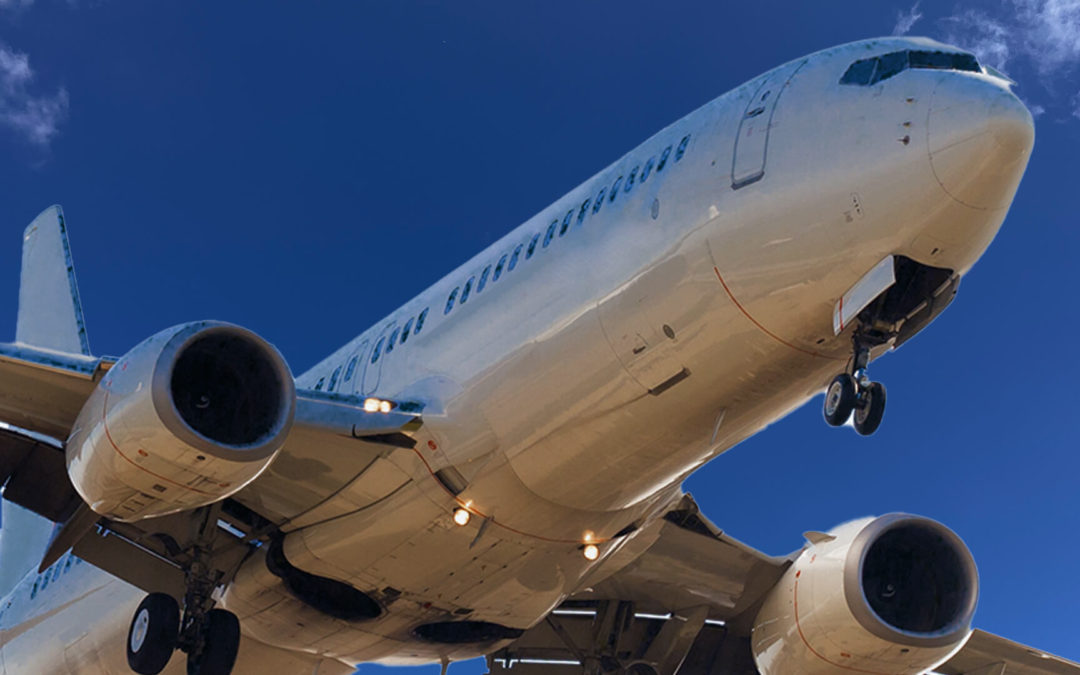
by Eric Price | Sep 13, 2023 | Front Page, MNPL, Other News, Perusals, Recent News, Row 2, Safety
Airline Worker Injuries on Rise IAM141.org September 13, 2023 As heatwaves plague the country, few places are hotter than Phoenix. Workers and city officials gathered at Phoenix Sky Harbor on Wednesday to share heat-related health and safety concerns. Sky Harbor...
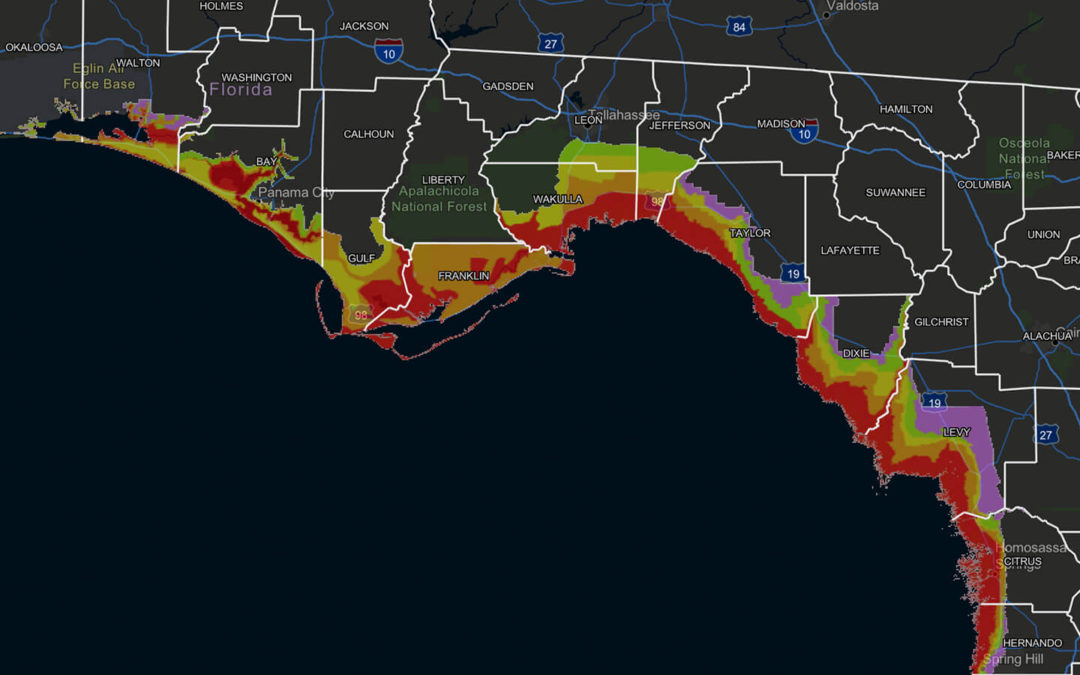
by Eric Price | Aug 30, 2023 | Community Service, Community Service Page, EAP, Featured News, Front Page, Other News, Perusals, Recent News, Row 2, Safety, Uncategorized
Hurricane Idalia Emergency Resources Union Resources Contact your Assistant General Chair or Local Grievance Committee for help accessing the IAM Disaster Relief Fund. Disaster Relief Information Employee Assistance Program IAM141 Community Service Airports are likely...

by Eric Price | Aug 10, 2023 | Front Page, Other News, Perusals, Recent News, Row 2, Safety, Safety
Owner of US Guys Processing, Darin Wilbur. Wilbur was found guilty in a criminal case of child endangerment at his business which resulted in a teenager losing his right hand in a meat grinder. He was fined $500 plus costs for the violations. $500 Fine for Employer...







